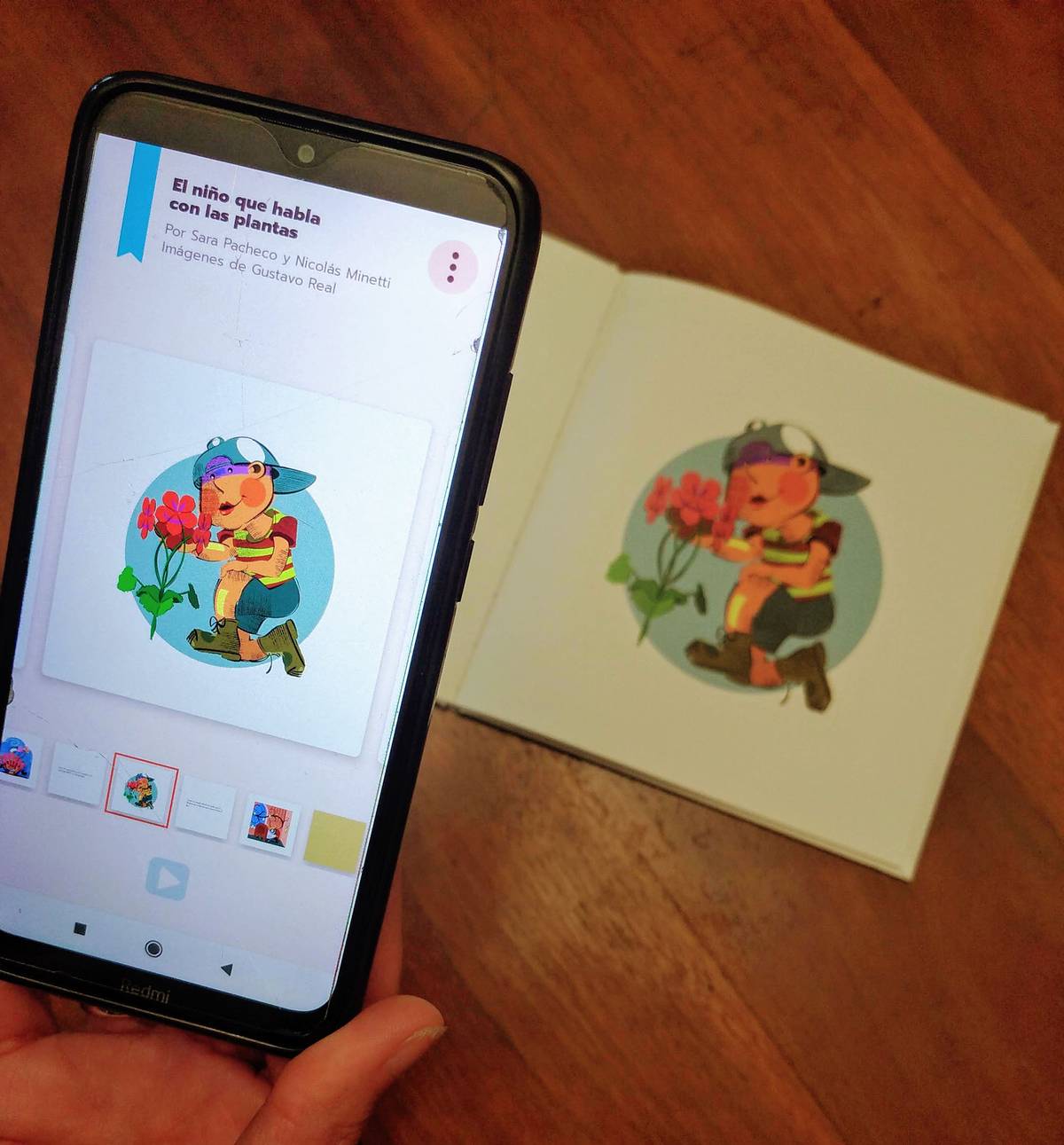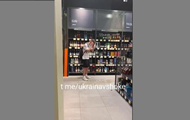It is promoted as a shared experience for designing digital books and is a app free focused on self-publishing of children’s reading. Bookuy is available on the Play Store from July 2. While the iOS and web versions are still in the works, it can be downloaded on Android.
“We are just starting the launch; It is too early to do an analysis, but we are very happy because we have more than 600 downloads not only from Uruguay but also from other countries, such as Mexico, Colombia and Argentina, among others ”, said Carola Saravia, involved in the development of this invoice tool local.
The project was born with the spirit of promoting reading from an early age, they point out, and although it is intended to be used in the family environment, they do not rule out that teachers apply it for didactic or artistic purposes. “We have received messages from different users who realize that they are not only taking advantage of the app to make picture books for childhood but other types of publications, such as travel diaries, incorporating photographs and narrations, or books with family recipes ”.
The application allows you to create from the cover until adding pages with your own texts and images; upload, for example, the drawings made by the children, and even record the narration, that is, put voices on it. The resulting book can be read and listened to on one’s own app, it can either be downloaded or shared. Another option is to complete the process by ordering the printing of one or more copies and receive it at home or send it as a gift anywhere in the world.
To tell you better
Behind Bookuy there is a cooperative made up of Saravia along with Inés Latorre, Nicolás Minetti, Nicolás Siris and Rafael Rico, a multidisciplinary and intergenerational team that declares to have a track record in the publishing, technological and project management fields. “It has been a long journey since we started with the idea, with many challenges not only to ground that prototype, make it functional and achieve the user experience we had in mind, but also to add allies and resources, necessary elements in everything entrepreneurship so that the equation works ”, explained Saravia. The main activity of the cooperative is related to the development of reading promotion projects, various editorial services and solutions applied to ICT.
“Fortunately we have had the support of many people and institutions that have promoted us,” said Saravia. The venture grew in the light of Incubacoop (a device promoted by the Ministry of Industry, Energy and Mining, the National Institute of Cooperativism and the Uruguayan Confederation of Cooperative Entities). In addition, it is a project supported by the National Development Agency.
Duplicating books
BroLi presents itself as a solidarity bookstore that donates another for each book sold to a public school that does not have a library. They have already managed to take more than 1,200 books to different educational centers of formal and non-formal education. As Children’s Day approaches, BroLi plans to give away around 500 books to children from different neighborhoods in Montevideo. For this reason, in the previous days they will be receiving and going to collect donations of children’s books in good condition.
BroLi has been in business for three years. At the beginning it depended solely on Víctor Hugo Fernández, but today there are three people in charge. As they do not have a physical location, they manage everything through the web www.broli.com.uy and the @broliuy accounts on social networks.
The “ambitious goal,” as Fernández calls it, is to reach 10,000 donated books. On Friday, a Cologne school with more than 500 students benefited. “At the same time, we seek to make reading accessible to people in all localities of the country, that is why we send free of charge to all of Uruguay, no matter where, with ease of payment and with a catalog of more than 11,000 books,” he points out. the virtual bookseller.
“The 1×1 model is correctly named one for one. The donations we carry are books that are previously donated to us. We take care of separating what is useful from what is no longer useful, we see at what ages the school is most in need and, after selecting them, we send books in good condition, interesting for the children and that compete with so much technology that catches so easily ” . In this plan they move an average of between 100 and 120 books per month.
–


